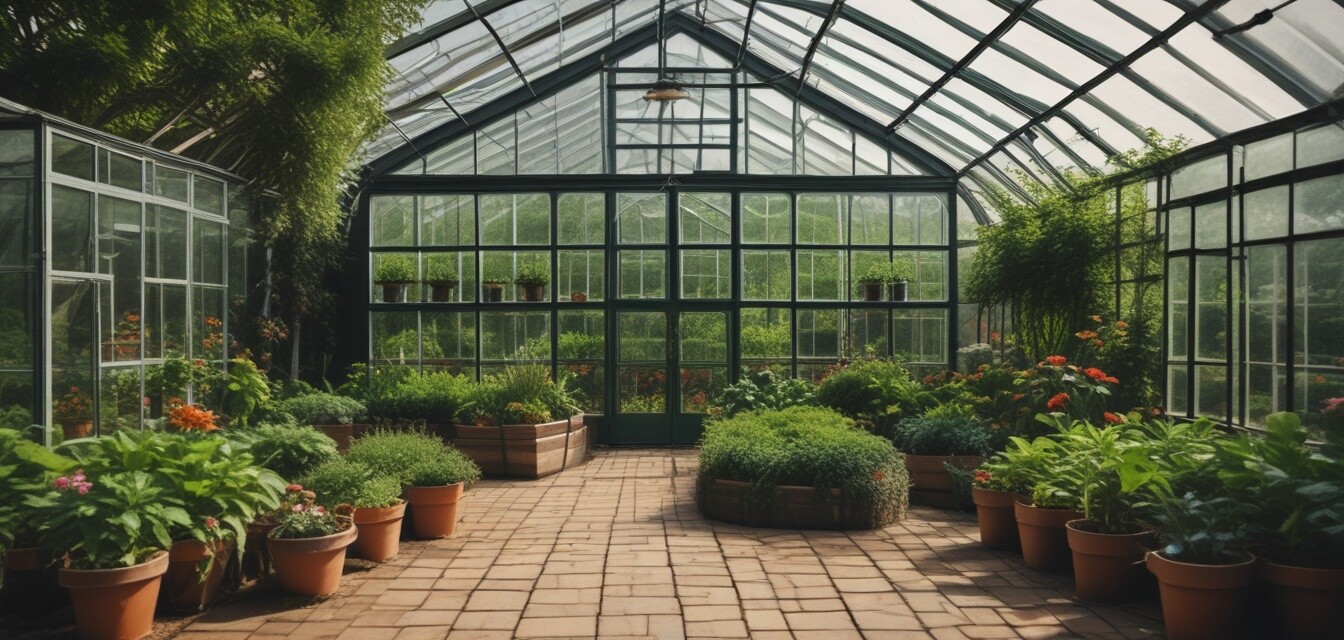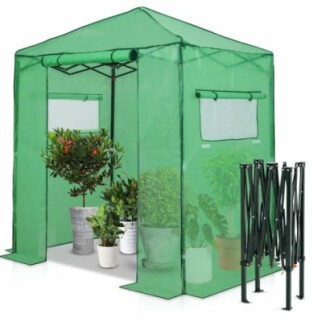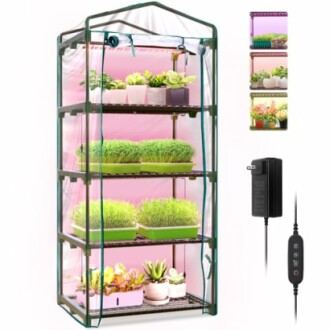
Selecting the Right Greenhouse for Your Climate
Key Takeaways
- Understanding your climate is key to selecting the appropriate greenhouse type.
- Consider features such as ventilation, lighting, and insulation based on your climate needs.
- Different materials and designs can significantly affect the performance of the greenhouse.
- Assess your gardening goals to choose a greenhouse that meets your specific requirements.
When it comes to nurturing plants, nothing beats the versatility of a greenhouse. However, selecting the right greenhouse tailored to your climate and gardening goals can be overwhelming given the numerous options available. This comprehensive guide will help you make an informed decision by breaking down the different types of greenhouses and how they perform in various climates.
Understanding Climate Considerations
Your greenhouse choice largely depends on your local climate. From hot and dry to cold and wet, each climate aspects requires different structural considerations. Below is a basic overview of how climate can affect your greenhouse selection:
| Climate Type | Recommended Greenhouse Features |
|---|---|
| Hot and Dry | Shade cloth, ventilation, and cooling systems |
| Cold and Wet | Insulation, double glazing, waterproofing |
| Moderate | Standard materials with good ventilation |
Types of Greenhouses
There are several types of greenhouses, and your choice should be influenced by your climate, available space, and budget. Here are the most common types:
1. Walk-in Greenhouses
These large structures are perfect for gardeners who want ample space for plants and work areas.
EAGLE PEAK 6x4 Portable Walk-in Greenhouse
This greenhouse offers easy setup without tools, making it perfect for seasonal gardening and extended growing periods.
Learn More2. Mini Greenhouses
Mini greenhouses are perfect for urban gardeners or those with limited space. They often include features like LED grow lights.
Indoor Greenhouse with Grow Lights
Features a compact design and grow lights to support your indoor gardening needs, great for seed starting.
Learn More3. Portable Greenhouses
These are easy to set up and take down, making them good options for those in transient living situations or wanting flexibility.
Material Considerations
The materials used in your greenhouse will significantly impact its durability and effectiveness. Here are the common materials and their suitability:
| Material | Benefits | Drawbacks |
|---|---|---|
| Glass | Excellent light transmission, aesthetically pleasing | Fragile and heavy |
| Polycarbonate | Strong and insulated, blocks UV rays | Can be more expensive |
| Plastic Film | Lightweight and easy to handle, economical | Less durable, may need replacement more often |
Additional Features to Consider
In addition to the basic structure, consider integrating the following features to enhance the performance of your greenhouse:
- **Ventilation Systems**: Ensure proper air circulation to maintain temperature and humidity.
- **Heating Options**: Useful for colder climates to keep your plants thriving.
- **Shelving**: To maximize vertical space and organize plants.
- **Lighting**: Add grow lights if you are using the greenhouse indoors.
Conclusion
Choosing the right greenhouse is a crucial step towards achieving your gardening goals. Take into account your local climate, available space, and preferred gardening style. With this guide in hand, you're now equipped to make an informed decision that will support a fruitful gardening journey.
Tips for Beginners
- Start with a simple structure and expand as your gardening skills improve.
- Research plants suited for your climate to ensure a successful harvest.
- Join local gardening communities or forums for shared experiences and advice.
- Experiment with different layouts to maximize your greenhouse space.
Related Articles
For more information on different gardening topics, check out the following resources:

